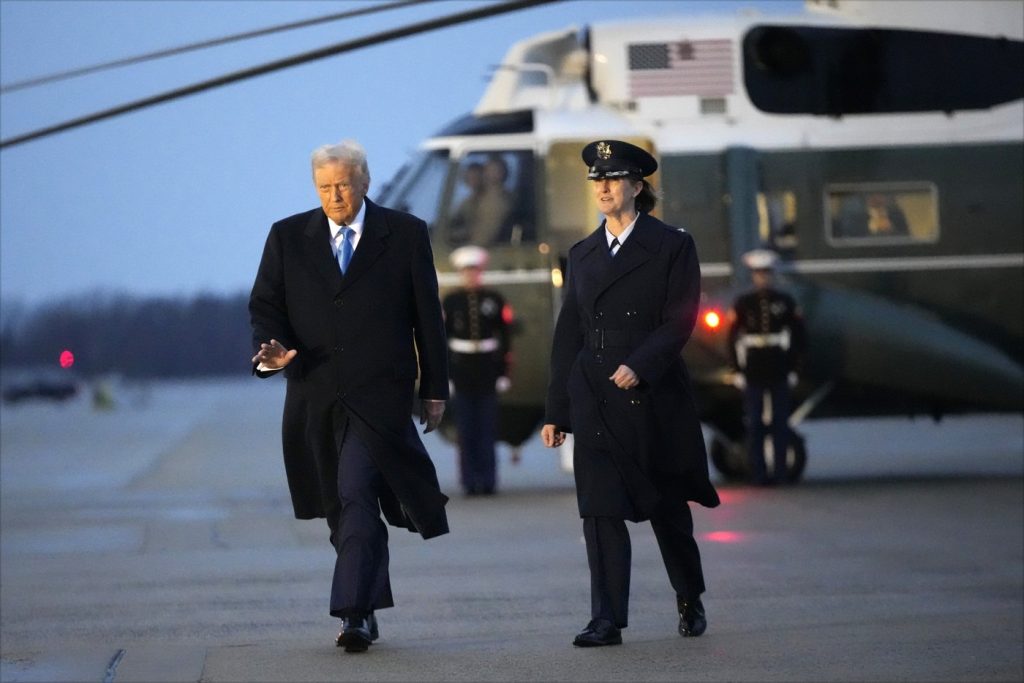On January 31, 2025, the Trump administration issued a proclamation recognizing February as Black History Month. This move came alongside a conflicting announcement from the Defense Department, which declared that "identity months" would no longer be observed. The Department's guidance specifically stated that official resources and working hours would not be allocated to celebrating cultural awareness months, including Black History Month, Women's History Month, and National Disability Employment Awareness Month.
The White House proclamation called for public officials, educators, and citizens of the United States to celebrate Black History Month with various programs and ceremonies, although it did not provide specific details on what would be deemed appropriate. Critically, the timing of this declaration occurred during a broader campaign within the Trump administration aimed at dismantling diversity, equity, and inclusion (DEI) programs. In the early days of his presidency, Trump has characterized DEI initiatives as a form of discrimination that detracts from a merit-based society.
In the context of these changes, the Defense Department emphasized its commitment to honoring the character of service rather than focusing on "immutable characteristics" of individuals. This statement followed the administration's actions, which included attempts to end affirmative action in federal contracting and directives to suspend all federal DEI staff. These initiatives were controversial, particularly after Trump controversially linked diversity initiatives to safety issues, such as a deadly helicopter collision with an American Airlines plane that resulted in 67 deaths near the White House.
The proclamation issued by Trump highlighted significant figures in African American history, noting the contributions of abolitionists Frederick Douglass and Harriet Tubman, economist Thomas Sowell, and Supreme Court Justice Clarence Thomas. Trump's message asserted that these individuals have made monumental advancements in equality and serve as ongoing sources of inspiration. Additionally, golfer Tiger Woods was mentioned as part of this narrative, being recognized for "pushing the boundaries of excellence" in his profession.
Trump's official declaration for Black History Month expressed gratitude towards African Americans, attributing the progress made in the nation to their contributions. He envisioned this period as a prelude to a "historic Golden Age," emphasizing the potential future contributions of black Americans within his administration's framework.
Historically, Black History Month has been recognized since Gerald Ford became the first president to issue such a proclamation in 1976. Since then, each president has participated in annual observances intended to celebrate African American history and culture. The conflicting approaches from the Trump administration highlight an ongoing debate regarding the acknowledgment of diverse histories and identities within the framework of contemporary governance.










